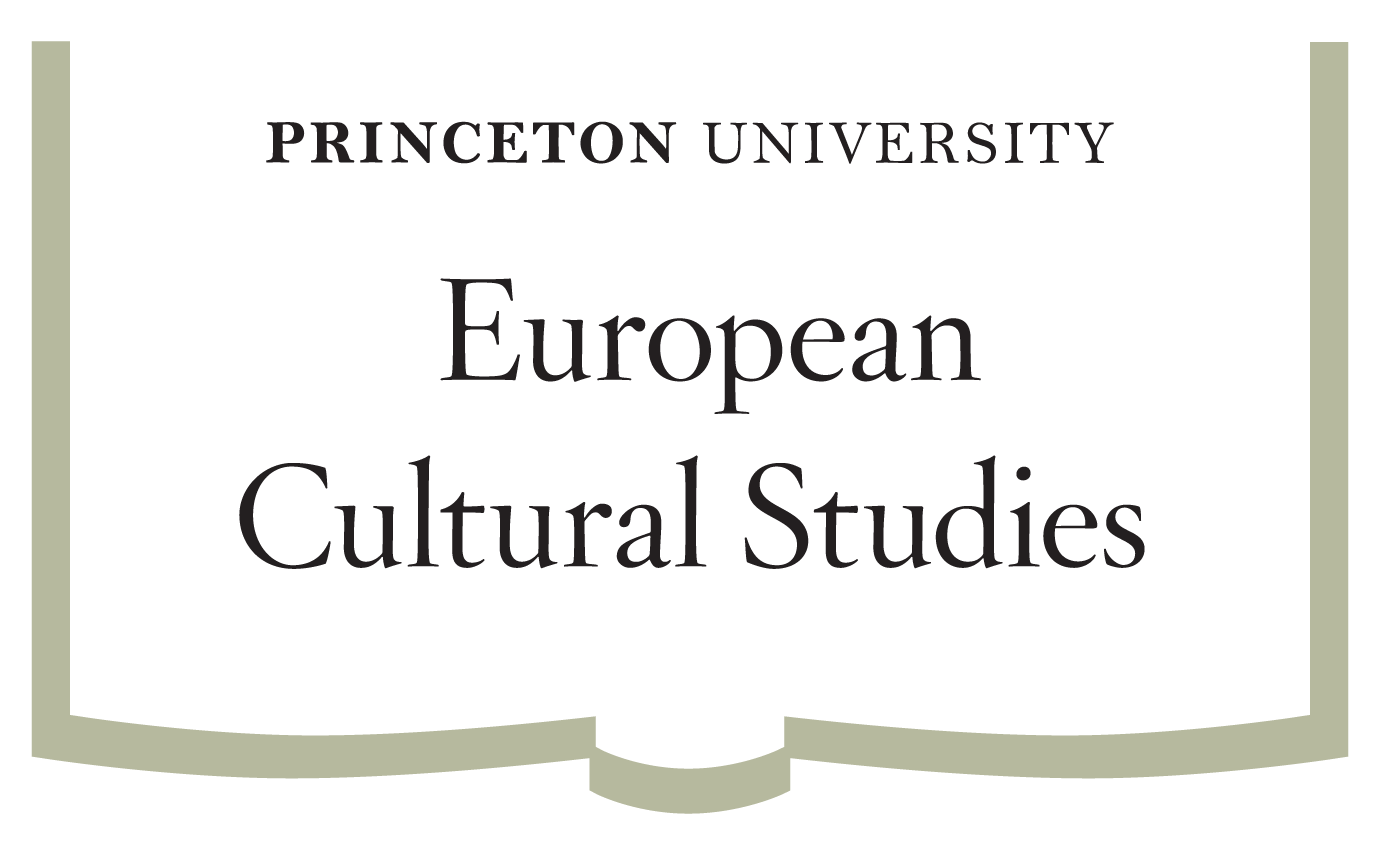The undergraduate certificate program in European Cultural Studies is open to students with a concentration in any department, and does not place restrictions on independent work. Our current students and recent graduates have concentrated in the natural sciences, engineering, social sciences, and the humanities.
Recent thesis topics of ECS students whose research had a European focus include: the cultural politics of exhibiting French graffiti art; the implications of cutting-edge neuroscientific research for contemporary architectural design and planning; the writings of 16th-century English church historians; the historiography of anti-fascism in interwar Europe; figurations of children’s play in French cinema; and the relationship of theory and practice in the thought and action of the West German extra-parliamentary Left of the late 1960s and ‘70s. ECS students have also pursued translation projects in connection with their independent work on contemporary German lyric poetry, mid-twentieth-century Italian magic-realist novels, and Portuguese long-form sports journalism. A significant number of ECS alumni have gone on to graduate school in the humanities or social sciences, often with an interdisciplinary or international focus; others have pursued professional degrees in law and medicine; and many have launched careers in the arts, finance, journalism, public service, and teaching. Honors awarded to recent ECS graduates include numerous Fulbright and DAAD grants, a Rhodes Scholarship, a Gates Cambridge Scholarship, a Pyne Prize, a Spirit of Princeton Award, and the Susan Sontag Prize for Translation.
We encourage ECS certificate students to pursue significant international experiences over the summers and for a semester or more of an academic year. Many ECSers study abroad and receive credit towards the ECS certificate for courses taken during their time away from Princeton.












